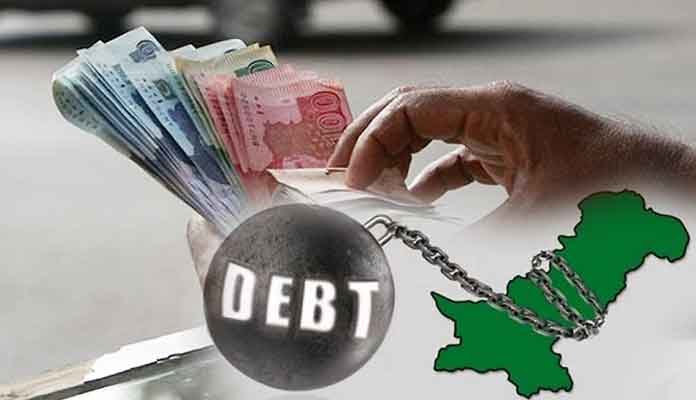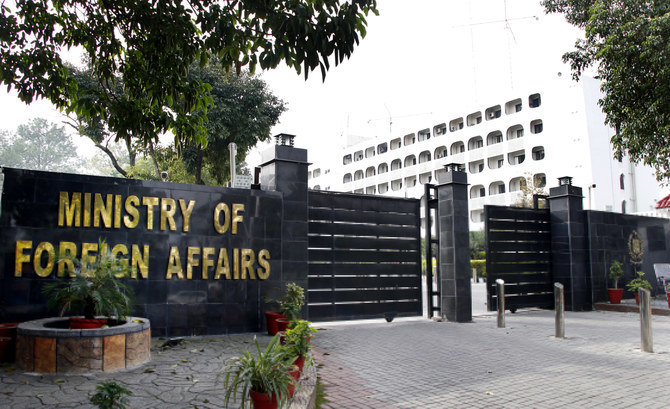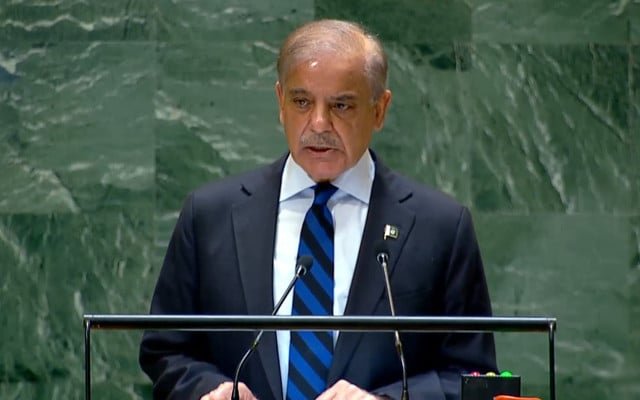In a landmark step toward financial discipline and long-term economic resilience, the Government of Pakistan has successfully retired Rs 1.5 trillion in public debt ahead of schedule in the fiscal year 2025 (FY25), signaling a strong commitment to fiscal reforms and economic credibility.
This proactive move has resulted in a significant improvement in Pakistan’s fiscal health, with the country’s debt-to-GDP ratio falling from 75% in FY23 to 69% in FY25. The latest figures indicate a measurable shift in the country’s economic trajectory toward stability and sustainability.
Khurram Schehzad, Advisor to the Finance Minister, revealed on social media platform X that a major portion of this achievement—Rs 500 billion—was the early repayment of debt owed to the State Bank of Pakistan (SBP), a full four years ahead of its 2029 maturity. This historic prepayment, executed by the Debt Management Office (DMO), is considered a game-changing moment in Pakistan’s fiscal management.
“The early retirement of central bank debt reduces the risk of short-term refinancing, lowers the country’s future liabilities, and enhances macroeconomic stability,” said Schehzad. “It reflects the government’s disciplined, forward-thinking approach to managing public finances.”
This achievement follows a previous milestone in December 2024, when the government conducted Pakistan’s first-ever market debt buyback worth Rs 1 trillion. Together, these strategic actions amount to the early retirement of Rs 1.5 trillion in public debt within FY25 alone—an unprecedented move in Pakistan’s economic history.
The successful execution of a government securities buyback auction during the first half of FY25 was made possible by improved liquidity and a Rs 3 trillion profit transferred from the SBP to the federal government. This financial cushion allowed for aggressive debt reduction without disrupting fiscal operations.
Schehzad further explained that these actions have also extended the average time to maturity (ATM) of public debt from 2.70 years to nearly 3.75 years. This shift not only reduces the pressure of short-term repayments but also frees up fiscal space for developmental spending and public welfare initiatives.
Additionally, by leveraging falling interest rates, pursuing disciplined borrowing, and executing strategic debt restructuring, the government has saved an estimated Rs 830 billion in interest payments in FY25 alone. These savings represent more than just financial relief—they highlight a broader strategy of responsible governance and structural reform.
“This is not merely debt reduction,” Schehzad emphasized, “it’s a decisive and strategic effort to build a resilient, credible, and fiscally sustainable Pakistan.”
The successful implementation of this early debt retirement plan sends a strong message to domestic and international stakeholders: Pakistan is serious about reforming its economy, reducing dependency on borrowing, and ensuring long-term fiscal health.
















